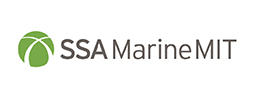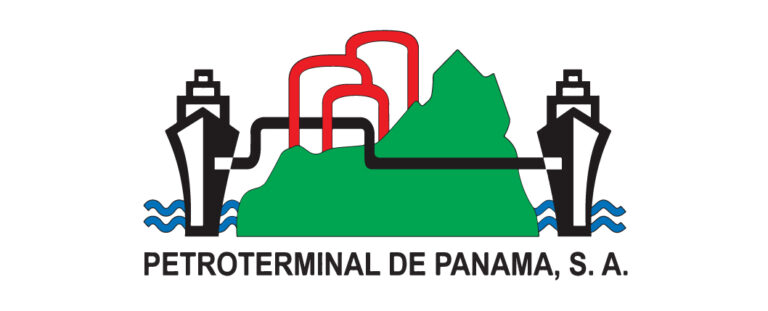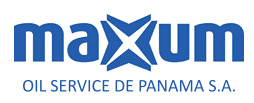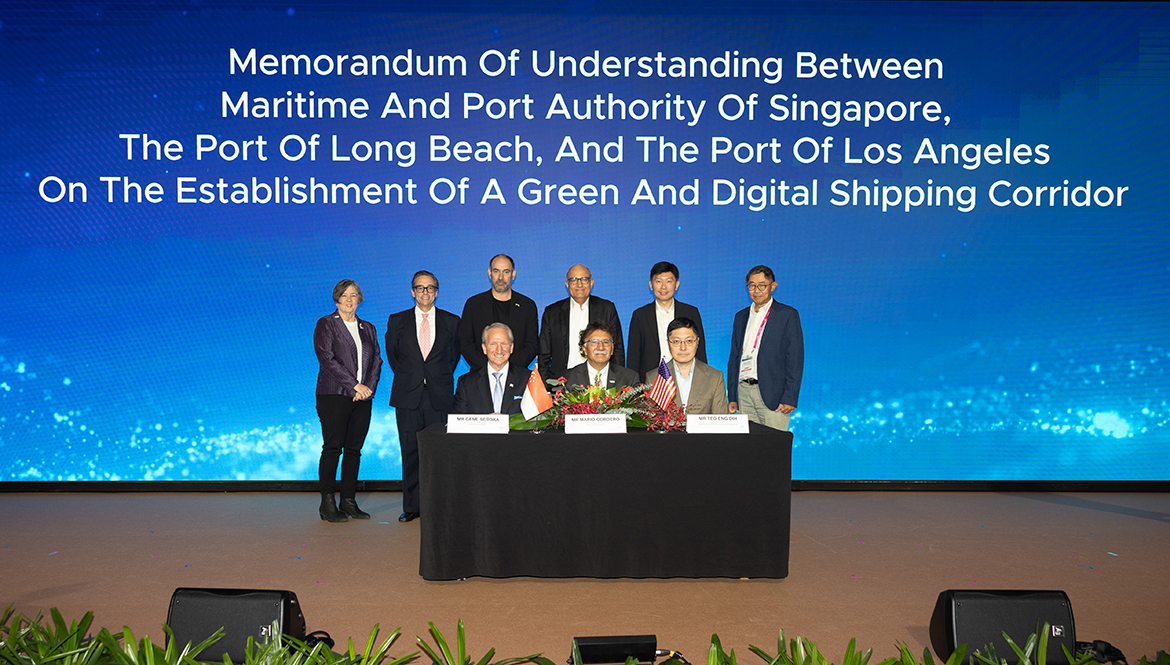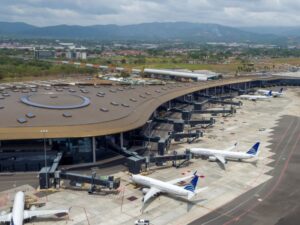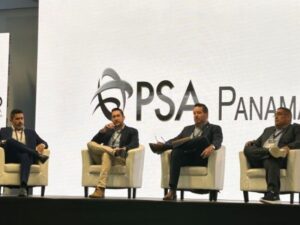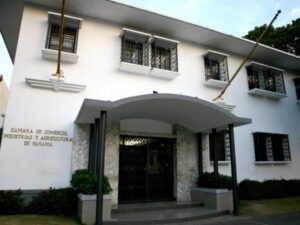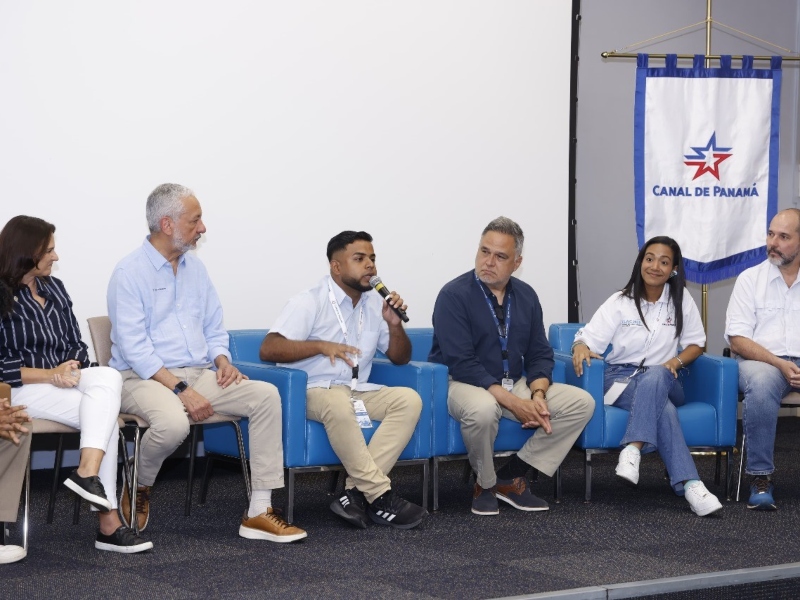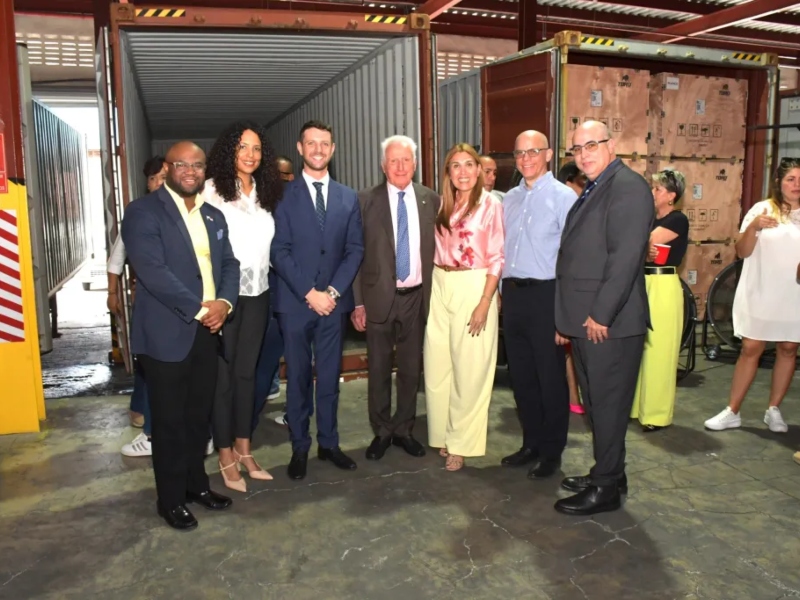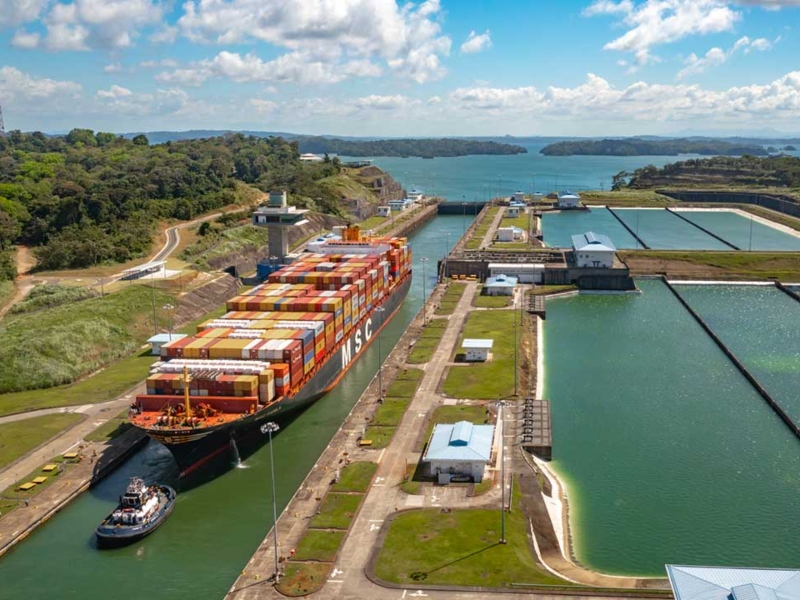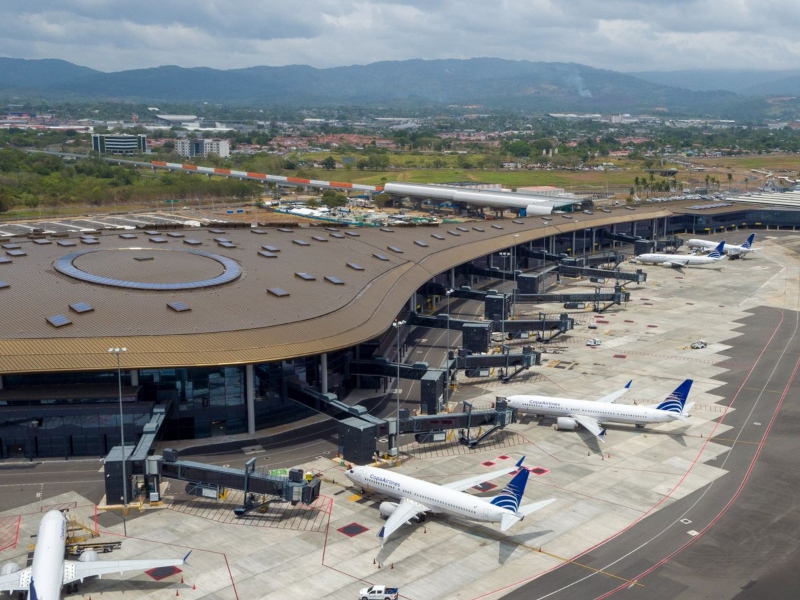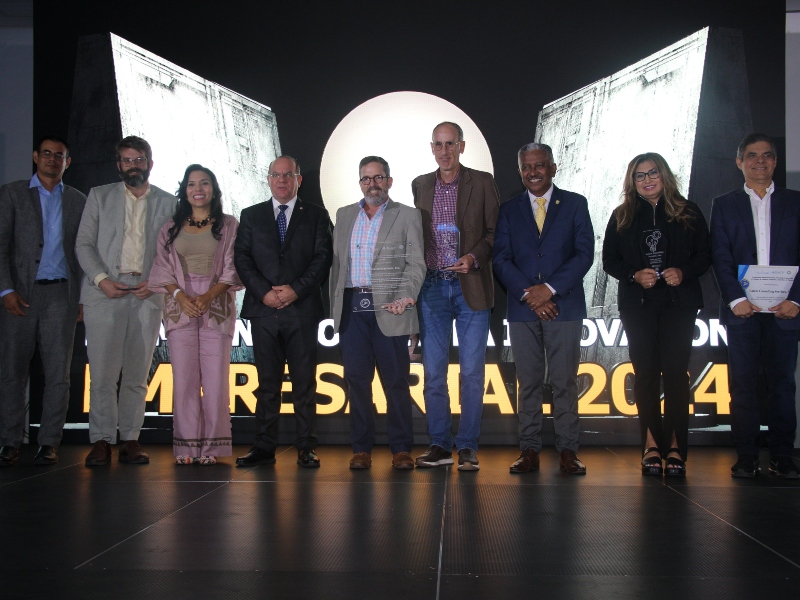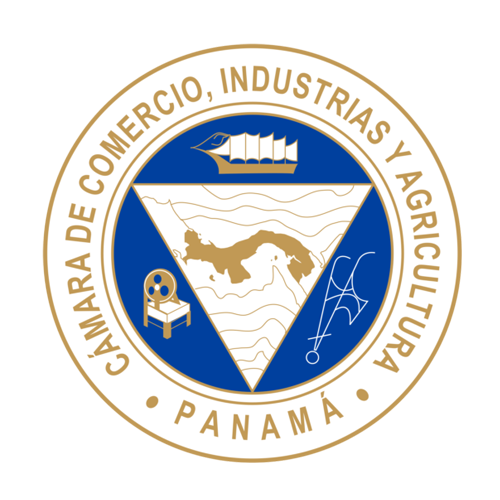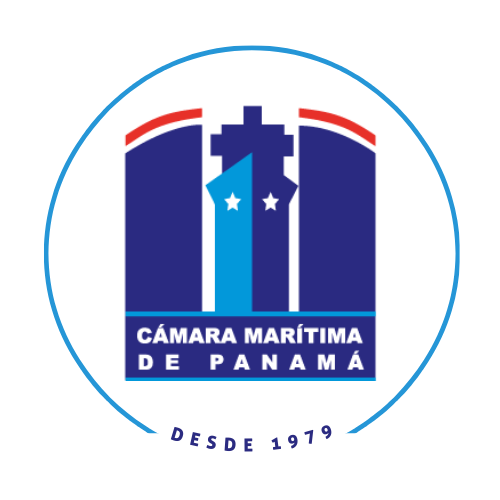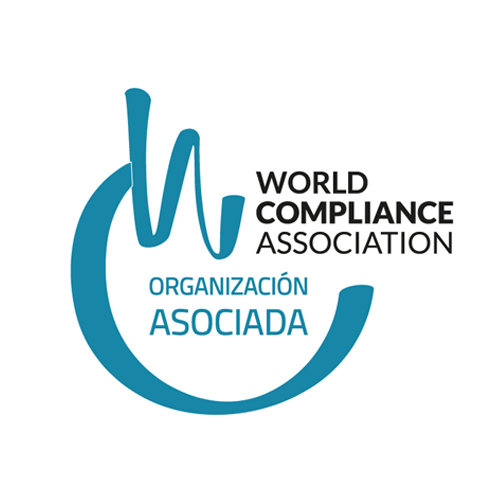COLLABORATION AIMED AT DECARBONIZING OCEAN CARGO TRANSPORT
The Maritime and Port Authority of Singapore (MPA), Port of Long Beach and Port of Los Angeles, with the support of C40 Cities, signed a memorandum of understanding today to establish a green and digital shipping corridor between Singapore and the San Pedro Bay ports complex to support the decarbonization of the maritime industry and improve efficiencies through digitalization.
The memorandum was signed by Teo Eng Dih, Chief Executive of MPA; Mario Cordero, Port of Long Beach Executive Director; and Gene Seroka, Executive Director of the Port of Los Angeles. The signing was witnessed by Jonathan Kaplan, United States Ambassador to Singapore; S. Iswaran, Singapore’s Minister for Transport and Minister-in-charge of Trade Relations; Niam Chiang Meng, Chairman of MPA; Sharon L. Weissman, Long Beach Harbor Commission President; and Edward Renwick, Vice President of the Los Angeles Harbor Commission.
“Curbing greenhouse gases from international shipping is essential to fight global warming,” said the Port of Long Beach’s Cordero. “Creating this green corridor with our partner ports and C40 Cities is part of our strategy to coalesce all of our efforts here and beyond to help advance our goals for cleaner marine fuels for oceangoing vessels, improve efficiencies for the global movement of goods, and to achieve a carbon-neutral future.”
“No single port or organization can tackle the challenge of decarbonizing the supply chain alone, no matter how innovative their technology or robust their efforts. The establishment of this green shipping corridor between the San Pedro Bay Port Complex and Singapore will prove to be a living, breathing testament to the power of global collaboration,” said the Port of Los Angeles’ Seroka. “I am honored to be here with key leaders from MPA Singapore, the Port of Long Beach, and C40 Cities to sign this MOU turning a shared commitment to fighting climate change into a meaningful step forward toward the future of global sustainability.”
C40 is the facilitator of the green and digital shipping corridor, providing support to the cities, ports, and their corridor partners by coordinating, convening, facilitating, and providing communications support in furtherance of the corridor’s goals.
As leading hub ports, Singapore, Long Beach and Los Angeles are vital nodes on the trans-Pacific shipping lane and key stakeholders in the maritime sector’s green transition. Ahead of the revision of the International Maritime Organization’s (IMO) Initial Strategy for the Reduction of Greenhouse Gas Emissions from Ships in July 2023, the three ports will come together with the C40 Cities network and other stakeholders in the maritime and energy value chains, to jointly accelerate the decarbonization of the maritime industry in line with the goals of IMO, and Singapore’s and the United States’ respective Nationally Determined Contributions.
The memorandum also builds on the ports’ long-standing cooperation through platforms such as the Port Authorities’ Roundtable and chainPORT, and complements bilateral initiatives between Singapore and the United States such as the U.S.-Singapore Climate Partnership and the U.S.-Singapore Partnership for Growth and Innovation.
John Kerry, U.S. Presidential Climate Envoy, said, “Shipping is responsible for approximately a gigaton of greenhouse gas emissions each year. But the good news is that many shipping companies, ports and countries are stepping up. Today’s MOU is one of those pieces of good news.”
The green and digital shipping corridor aims to support the transition to low- and zero-emission fuels by ships calling at Singapore and the San Pedro Bay ports complex. The parties will work to facilitate the supply and adoption of these fuels and explore the necessary infrastructure and regulations for bunkering. In addition to identifying and collaborating on pilot and demonstration projects, the memorandum aims to identify digital shipping solutions and develop standards and best practices for green ports and the bunkering of alternative marine fuels, including sharing experiences at international platforms such as IMO.
The memorandum follows from an earlier announcement in November 2022, that Singapore, Long Beach and Los Angeles ports, and C40 Cities had begun discussions to establish a green and digital shipping corridor between Singapore and the San Pedro Bay ports complex. This announcement supported the Green Shipping Challenge launched during the World Leaders’ Summit at the 27th United Nations Climate Change Conference to encourage governments, ports, maritime carriers, cargo owners and other stakeholders across the maritime value chain to commit to concrete steps to galvanize global action to decarbonize the shipping industry.
“The signing of this MOU signals our collective will to pool our resources, technical insights, industry and research networks to deliver scalable green as well as digital corridor solutions to help the maritime industry attain the 2050 emission reduction targets expected of the International Maritime Organization and help spur the development of green growth opportunities,” said Teo Eng Dih, Chief Executive of MPA.
“Delivering science-based, rapid and concrete action on shipping emissions is crucial to ensure the shipping sector decarbonization is aligned with the goal of keeping global heating below 1.5 degrees Celsius. C40 is proud to support this first mover initiative aimed at accelerating the transition to low- and zero-carbon fuels and other decarbonization technologies,” said C40 Cities Executive Director Mark Watts.
Photo caption: Representatives from the Maritime and Port Authority of Singapore, Port of Long Beach, and Port of Los Angeles today signed a memorandum of understanding to establish a green and digital shipping corridor to fight climate change and accelerate the decarbonization of international shipping.
ABOUT THE MARITIME AND PORT AUTHORITY OF SINGAPORE (MPA)
MPA was established on Feb. 2, 1996, with the mission to develop Singapore as a premier global hub port and international maritime center, and to advance and safeguard Singapore’s strategic maritime interests. MPA is the driving force behind Singapore’s port and maritime development, taking on the roles of port authority, maritime and port regulator and planner, international maritime center champion and national maritime representative. MPA partners with industry, research community and other agencies to enhance safety, security and environmental protection in our waters, facilitate maritime and port operations and growth, expand the cluster of maritime ancillary services, and promote maritime digitalization and decarbonization, R&D and manpower development. MPA is responsible for the overall development and growth of the maritime domain and Port of Singapore. In 2022, Singapore remained one of the world’s busiest trans-shipment hubs with a container throughput of 37.3 million twenty-foot equivalent units.
For more information, please visit www.mpa.gov.sg.
ABOUT THE PORT OF LONG BEACH
The Port of Long Beach is a global leader in green port initiatives and top-notch customer service, moving cargo with reliability, speed and efficiency. As the premier U.S. gateway for trans-Pacific trade, the Port handles trade valued at $200 billion annually and supports 2.6 million jobs across the United States, including 575,000 in Southern California and 1 in 5 jobs in Long Beach. In 2022, industry leaders named it “The Best West Coast Seaport in North America” for the fourth consecutive year. The Port had its second-busiest year ever in 2022, with 9.13 million twenty-foot equivalent units handled. During the next 10 years, the Port is planning $2.2 billion in capital improvements aimed at enhancing capacity, competitiveness and sustainability.
For more information, please visit www.polb.com.
ABOUT THE PORT OF LOS ANGELES
The busiest seaport in the Western Hemisphere, the Port of Los Angeles is North America’s leading trade gateway and has ranked as the number one container port in the United States for 23 consecutive years. In 2021, the Port facilitated $311 billion in trade and handled a total of 9.9 million container units, the busiest calendar year in the Port’s 116-year history. San Pedro Bay port complex operations and commerce facilitate 1 in 9 jobs across the counties of Los Angeles, Orange, Riverside, San Bernardino and Ventura.
ABOUT THE C40 CITIES
C40 is a network of nearly 100 mayors of the world’s leading cities who are working to deliver the urgent action needed right now to confront the climate crisis and create a future where everyone, everywhere can thrive. Mayors of C40 cities are committed to using a science-based and people-focused approach to help the world limit global heating to 1.5 degrees Celsius and build healthy, equitable and resilient communities. Through a Global Green New Deal, mayors are working alongside a broad coalition of representatives from labor, business, the youth climate movement and civil society to go further and faster than ever before. The current Chair of C40 is Mayor of London Sadiq Khan and three-term Mayor of New York City Michael R. Bloomberg serves as President of the Board. C40’s work is made possible by our three strategic funders: Bloomberg Philanthropies, Children’s Investment Fund Foundation (CIFF), and Realdania.
To learn more about the work of C40 and our cities, please visit our website, or follow us on Twitter, Instagram, Facebook and LinkedIn.
ABOUT SINGAPORE MARITIME WEEK 2023
SMW is an annual gathering of the international maritime community to advance key industry issues and exchange ideas to bring the sector forward. Driven by MPA, in collaboration with industry stakeholders and research and educational institutions, SMW brings together key opinion leaders and industry leaders through conferences, dialogues and forums.
The range of activities and events organized by MPA, industry stakeholders and research and educational institutions, as well as the cosmopolitan profile of participants, reflect the vibrancy and diversity of Singapore as a global hub port and leading international maritime center.
![]()








